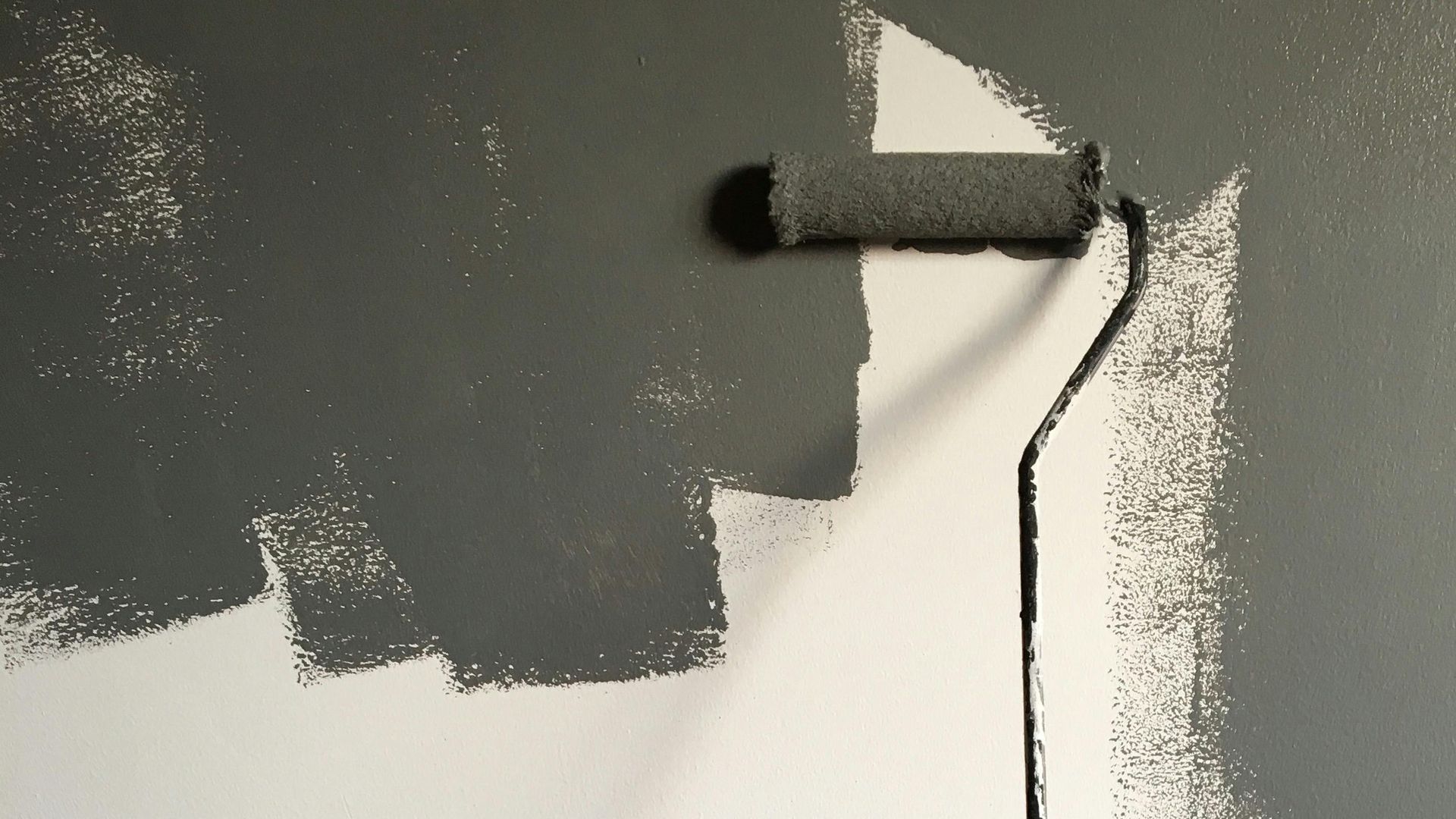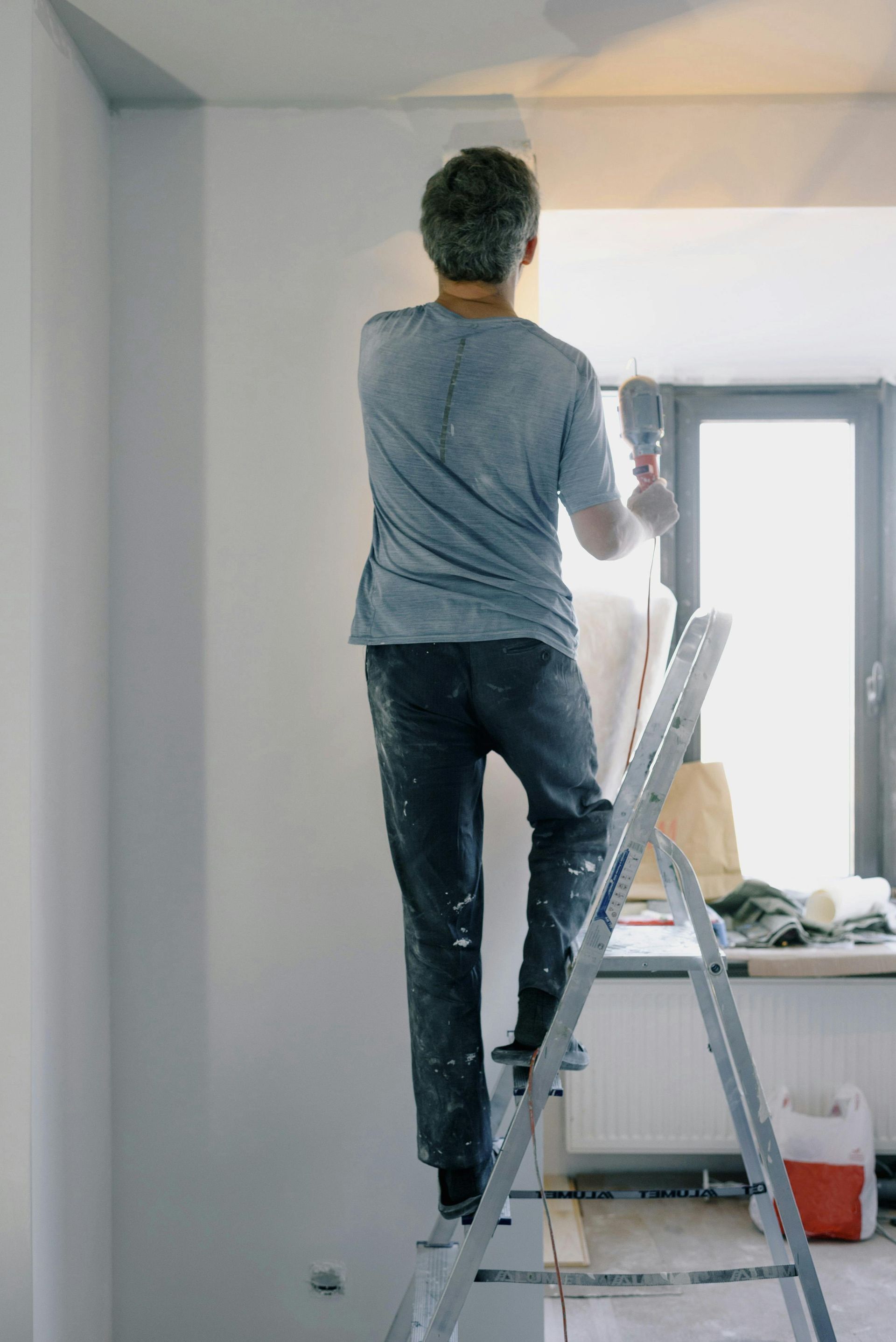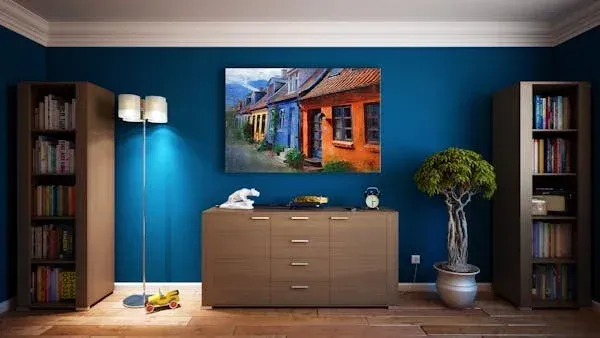How to Maintain Your Painted Walls for Long-Lasting Beauty
Cleaning and Touch-Up Techniques
Everyday dust, fingerprints, and minor stains can dull the vibrancy of your walls. While some assume that painted walls are maintenance-free, even the best house painters will confirm that occasional care is essential.
For routine cleaning, a soft cloth or microfiber duster helps remove surface dust without damaging the paint. When dealing with stains, mix warm water with mild dish soap and gently wipe affected areas with a sponge. Avoid abrasive scrubbers that can strip the paint or cause discoloration.
High-traffic zones like hallways and kitchen areas tend to accumulate grime faster. Spot-cleaning these areas every few weeks prevents buildup. For interior painting, using washable paints makes cleaning effortless while keeping walls pristine.
Touch-ups are a must when small scuffs or chips appear over time. Keep a small container of leftover paint on hand for quick fixes. With a fine brush or sponge, carefully dab paint onto blemished spots—blending as you go to maintain a seamless look. Do you know that the key to successful touch-ups is in paint textures and technique?! This ensures that the repaired areas don't stand out.
Preventing Chips, Stains, and Discoloration
While regular cleaning helps maintain painted walls, proactive measures can prevent damage before it happens. One common issue in homes and commercial spaces is chipped paint. Heavy furniture, accidental knocks, and general wear can lead to peeling areas. Applying high-quality paints with good adhesion minimizes this risk. Exterior painting in particular requires durable finishes to withstand weather changes.
Humidity is a major culprit in paint discoloration, especially in bathrooms and kitchens. Excess moisture can lead to mold growth, causing patches of paint to change color. Using moisture-resistant paints and maintaining proper ventilation prevents this issue.
For those with young children or pets, walls often become an impromptu canvas for accidental smudges or scratches. Installing protective wall panels in high-touch areas can shield surfaces while maintaining aesthetics.
Additionally, direct sunlight exposure can fade vibrant paint colors over time. If walls receive excessive sunlight, opting for UV-resistant paints can slow down fading while maintaining the richness of the original hue.

The Importance of Color-Match Painting for Repairs
One of the biggest challenges homeowners face when repairing painted walls is achieving an exact color-match painting. Paint shades shift slightly over time due to aging and environmental exposure, making touch-ups tricky if the original color isn't precisely replicated.
When dealing with older walls, even after using the same paint shade and brand, subtle variations may occur. That's where professional commercial painting contractors and home painters excel—ensuring a seamless blend that makes repairs invisible.
To match colors effectively, it helps to keep the original paint sample. If the exact shade is unavailable, skilled building painters mix customized hues to match the existing tone. Try testing patches before applying on larger areas to verify accuracy.
Walls with paint textures require special attention, as different finishes reflect light uniquely. A smooth wall may need a different approach than a textured one to achieve an even blend. For successful color matching, expert painters utilize techniques such as feathering. This is a technique that blends the fresh paint gradually into the existing surface to eliminate noticeable edges.
For larger repairs, repainting an entire wall section instead of a small patch ensures uniformity. A slight color difference in an isolated spot can be glaring, but blending a larger surface area makes the transition nearly imperceptible.
For your cozy home or that sleek commercial space, painted walls frame every room with personality and character. Investing in interior and exterior painting isn’t just about adding color—it’s about maintaining that beauty for years.
By incorporating gentle cleaning methods, preventing chips and stains, and mastering color-match painting, homeowners and businesses can extend the life of their painted walls. A well-maintained paint job preserves aesthetics and also adds value to the property.



